Ukraine crisis: Vladimir Putin address fact-checked
- 2022-02-23 19:25:39


 Pierre Rayer: Art, Science, and Happiness: The Universal Mission of Transmission to Future Generations through Patronage at the Louvre Abu Dhabi
Pierre Rayer: Art, Science, and Happiness: The Universal Mission of Transmission to Future Generations through Patronage at the Louvre Abu Dhabi Ahly crowned Super champions after dramatic extra-time win over Modern Future FC
Ahly crowned Super champions after dramatic extra-time win over Modern Future FC Yemeni Honey..A Development Wealth Threatened By Conflict And Climate Change
Yemeni Honey..A Development Wealth Threatened By Conflict And Climate Change California wildfires: Millions warned of possible power cut
California wildfires: Millions warned of possible power cut Central African rebels launch attacks near capital
Central African rebels launch attacks near capital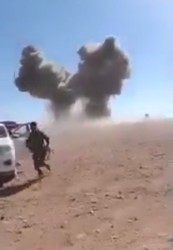 Yemen: Security Escalation in Hadramout Leaves Dead and Wounded Following Armed Attacks!
Yemen: Security Escalation in Hadramout Leaves Dead and Wounded Following Armed Attacks!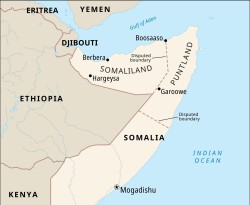 Israel Officially Recognizes the Republic of Somaliland as an Independent State
Israel Officially Recognizes the Republic of Somaliland as an Independent State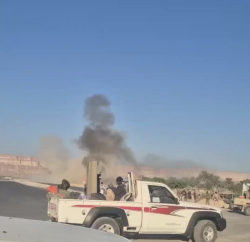 Saudi warplanes strike STC sites in south Yemen's Hadramout
Saudi warplanes strike STC sites in south Yemen's Hadramout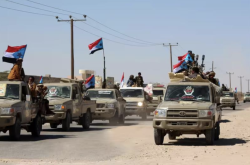 Saudi Arabia Calls For End Of Escalation In Southern Yemen
Saudi Arabia Calls For End Of Escalation In Southern Yemen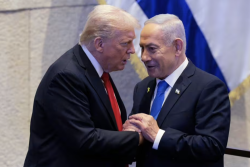 Phase two of Israel Gaza ceasefire to begin in days
Phase two of Israel Gaza ceasefire to begin in days
